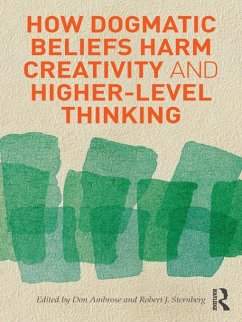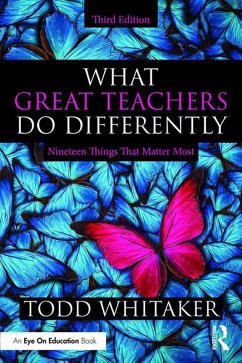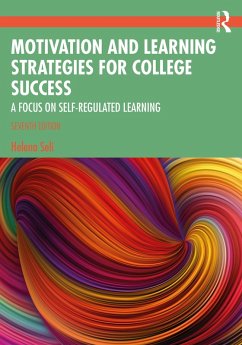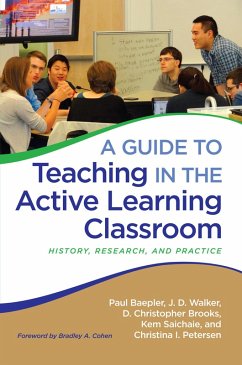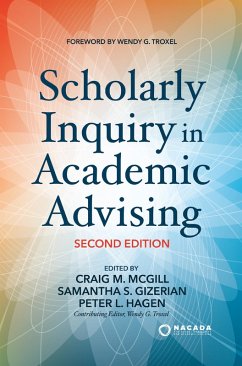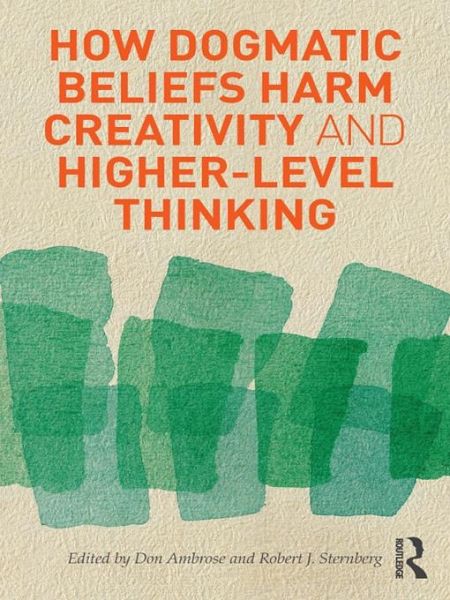
How Dogmatic Beliefs Harm Creativity and Higher-Level Thinking (eBook, PDF)
Versandkostenfrei!
Sofort per Download lieferbar
48,95 €
inkl. MwSt.
Weitere Ausgaben:

PAYBACK Punkte
24 °P sammeln!
In a world plagued by enormous, complex problems requiring long-range vision and interdisciplinary insights, the need to attend to the influence of dogmatic thinking on the development of high ability and creative intelligence is pressing. This volume introduces the problem of dogmatism broadly, explores the nature and nuances of dogmatic thinking from various disciplinary perspectives, and applies the gleaned insights to what is known about creativity. Bringing together leading thinkers in the fields of creative studies and education, and in other relevant fields (history, sociology, psycholo...
In a world plagued by enormous, complex problems requiring long-range vision and interdisciplinary insights, the need to attend to the influence of dogmatic thinking on the development of high ability and creative intelligence is pressing. This volume introduces the problem of dogmatism broadly, explores the nature and nuances of dogmatic thinking from various disciplinary perspectives, and applies the gleaned insights to what is known about creativity. Bringing together leading thinkers in the fields of creative studies and education, and in other relevant fields (history, sociology, psychology) whose work pertains to the various dimensions of dogmatism and the ethical problems it generates, this panoramic view represents interdisciplinary bridge building with the potential to generate new insights about the education of creative young minds.
Dieser Download kann aus rechtlichen Gründen nur mit Rechnungsadresse in A, B, BG, CY, CZ, D, DK, EW, E, FIN, F, GR, HR, H, IRL, I, LT, L, LR, M, NL, PL, P, R, S, SLO, SK ausgeliefert werden.




